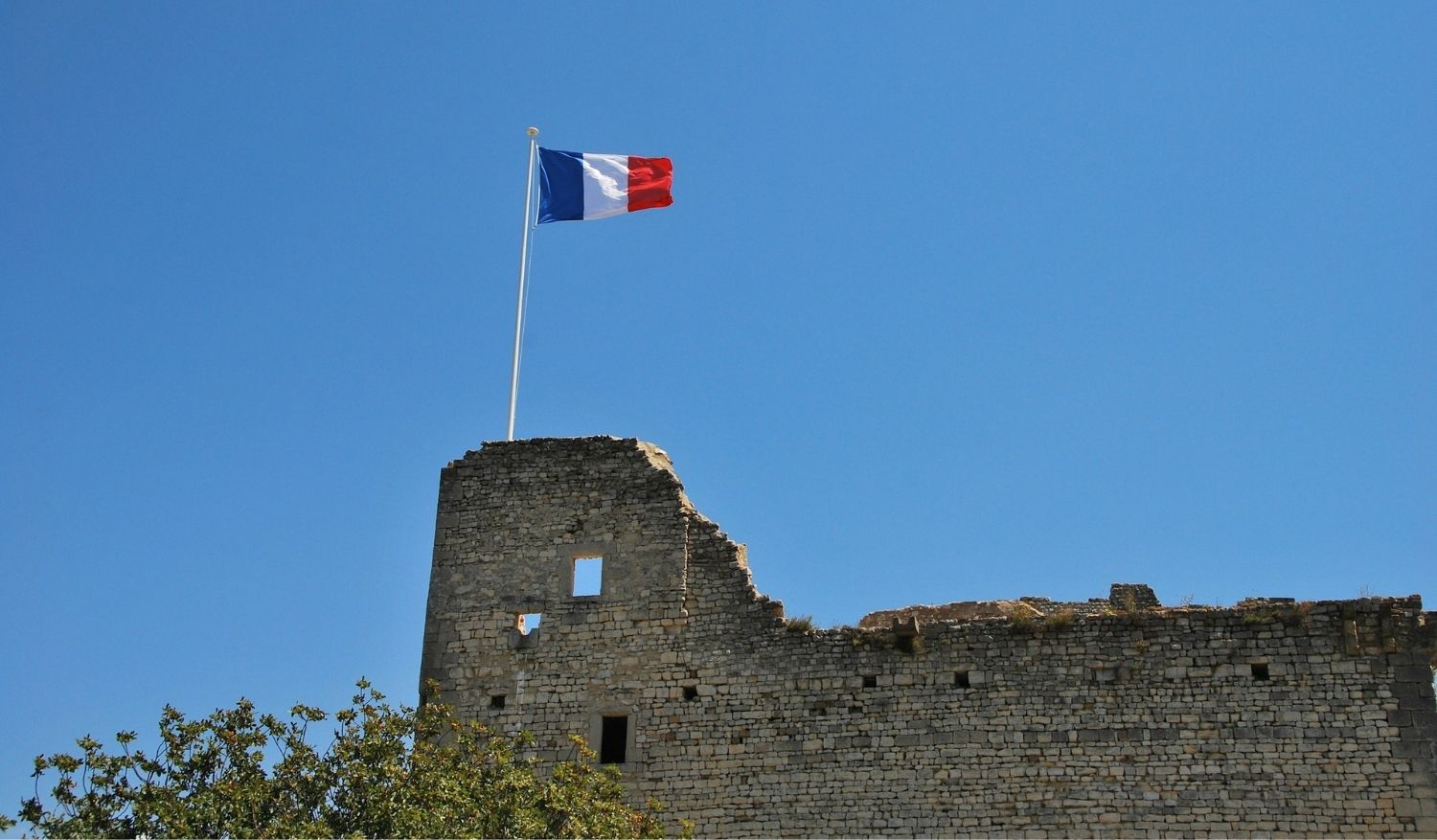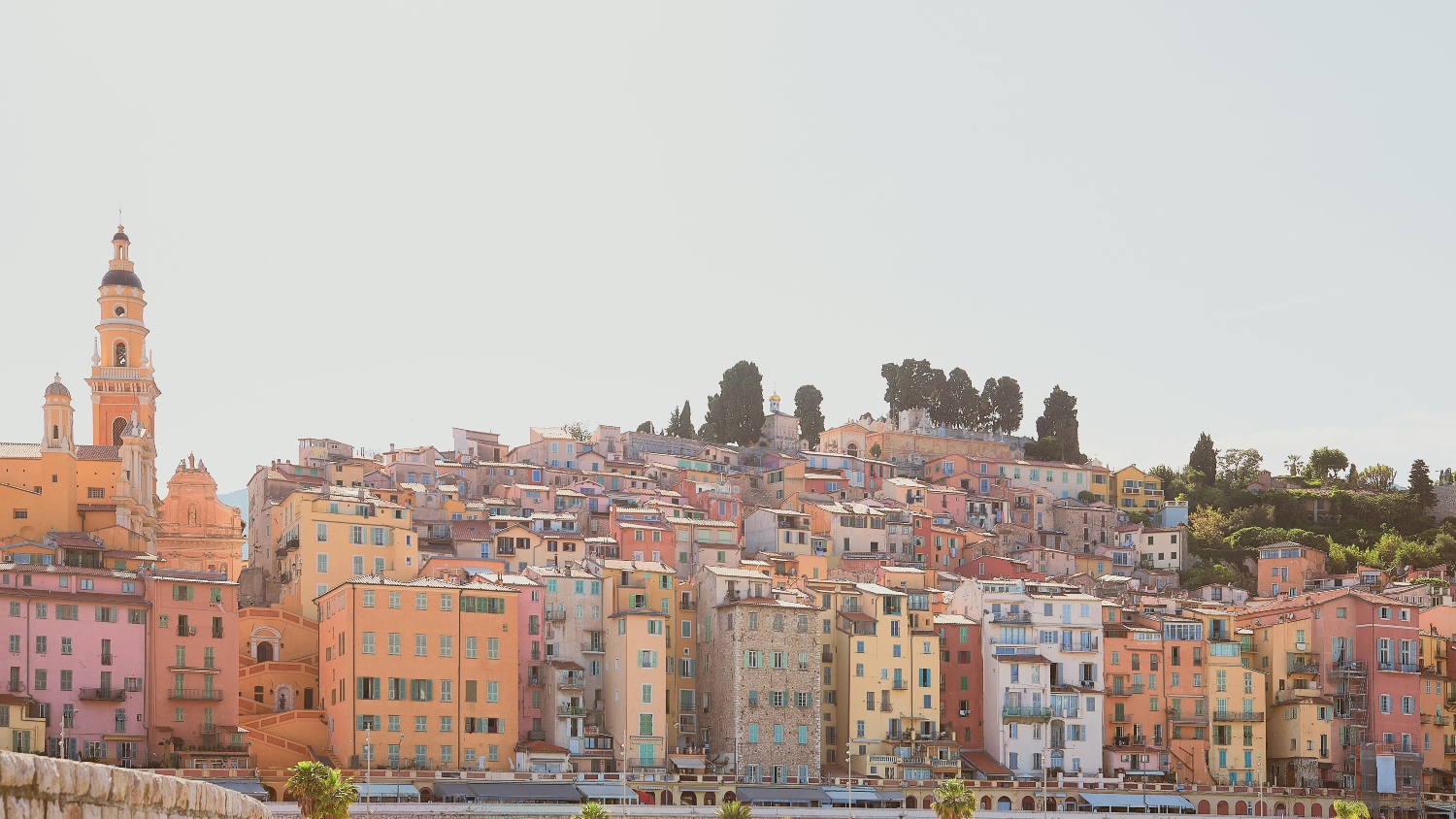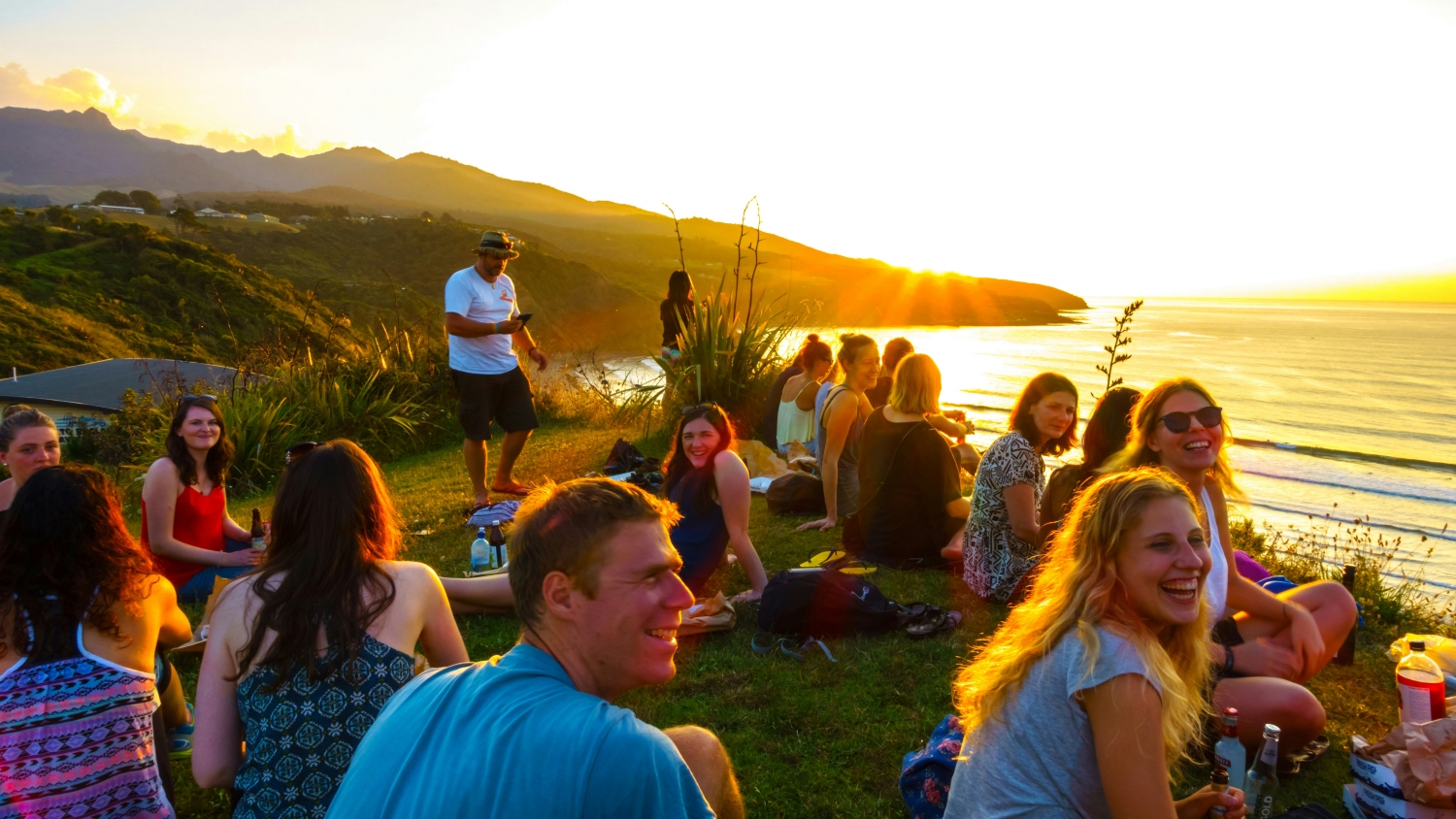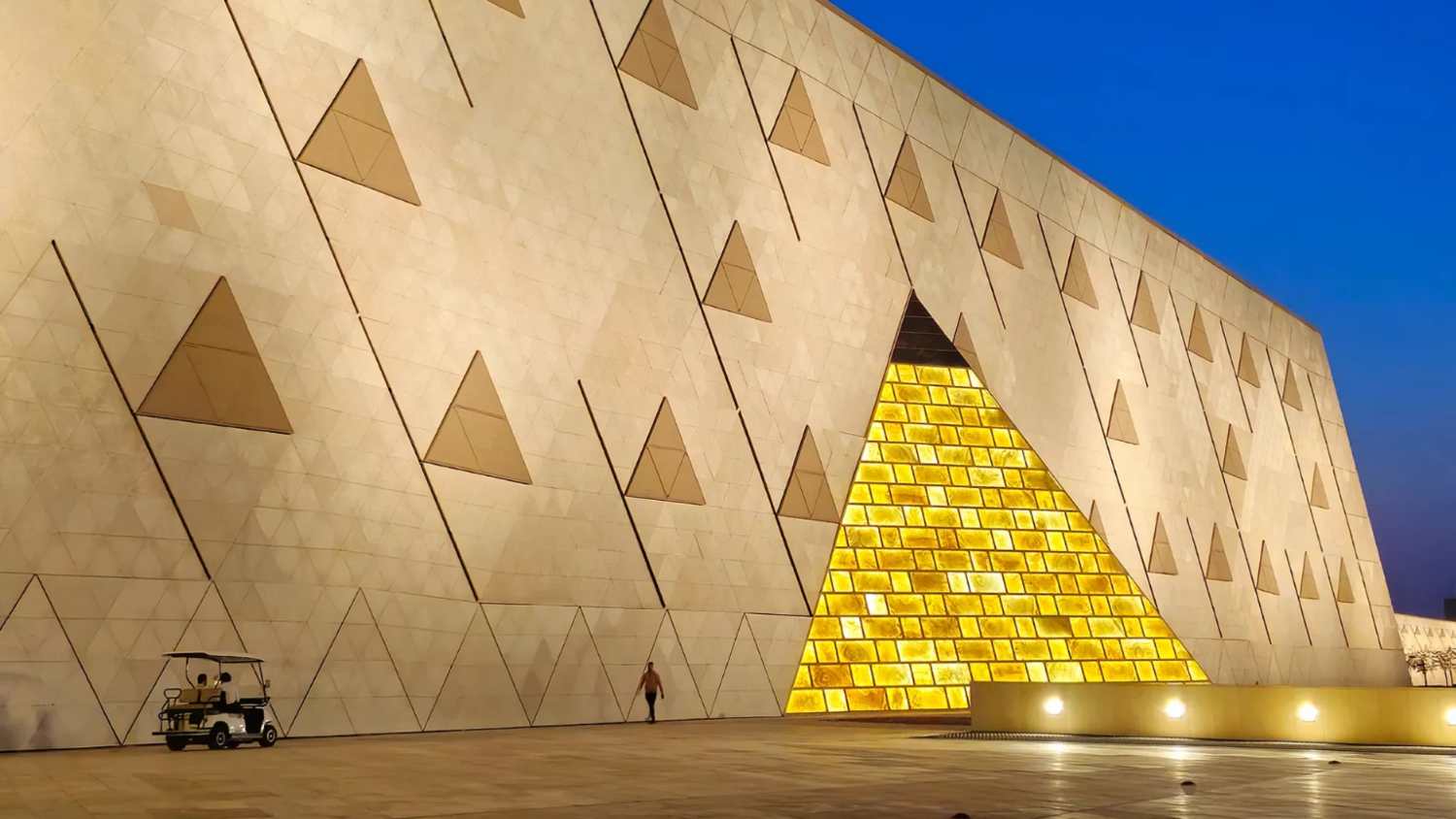Rural France offers an idyllic counterpoint to the capital’s clamour, where Bastille Day can be marked with pastoral charm, regional pride, and a generous glass of locally pressed wine.
Each year on 14 July, the streets of Paris swell with military fanfare, fireworks over the Seine, and grand displays of national pride. But for those seeking a more intimate encounter with French heritage, the countryside reveals itself as an equally potent stage for Bastille Day – one stitched with tradition, tranquillity, and terroir.
From the lavender fields of Provence to the vineyards of the Loire Valley, rural France is awash with places that lend themselves naturally to reflection and celebration. Here, Bastille Day becomes not a spectacle of scale, but a sincere tribute to community and culture.
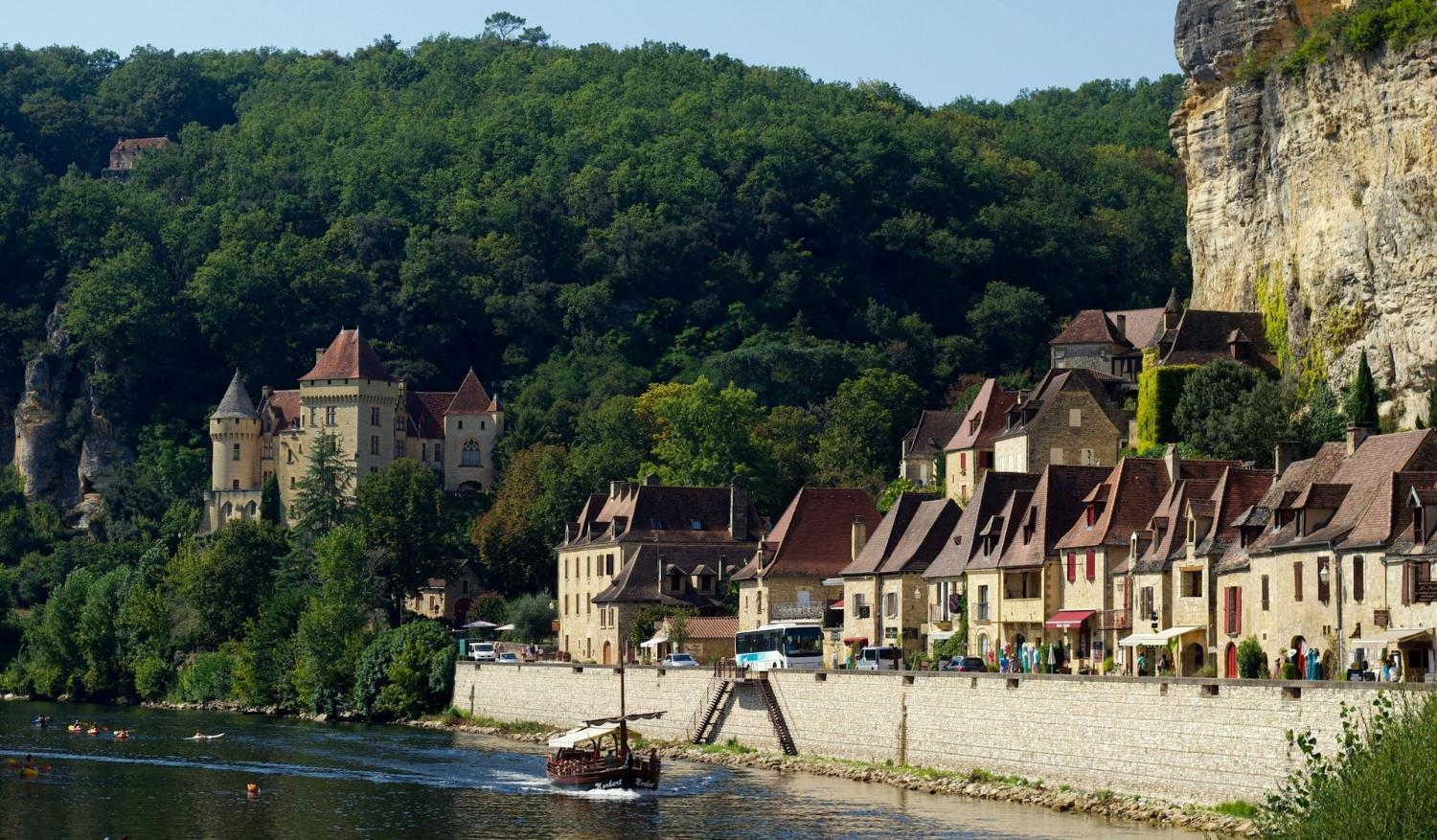
A Different Kind of Freedom
Tucked in the southwest of France, Dordogne – known locally as the Périgord – is a region that wears its history on every moss-covered stone and turreted chateau. It’s a place where prehistoric caves, medieval bastides, and Renaissance architecture co-exist with a food culture that’s both earthy and refined.
On Bastille Day, Dordogne’s celebrations are less theatrical than the capital’s, but no less spirited. In villages like Beynac-et-Cazenac or La Roque-Gageac – both dramatically perched along the River Dordogne – residents and travellers gather for communal dinners, pétanque tournaments, and twilight concerts under the open sky. Fireworks light up the cliffs and rivers, casting a soft glow over centuries-old stone houses.
Visitors can stroll cobbled lanes with a cone of pistachio glacé or take in a riverfront fireworks display without jostling for space. The focus is on connection rather than commotion – a gentle nod to the spirit of liberté that defined the French Revolution.
Further south in Occitanie, the rhythm slows to the cicadas’ pulse. Towns such as Uzès and Saint-Cirq-Lapopie celebrate Bastille Day with regional flair – think open-air banquets featuring cassoulet, regional wines from Cahors, and folk dancing that often spills into midnight. While Paris dazzles with its aerial acrobatics, rural France charms with its authenticity.
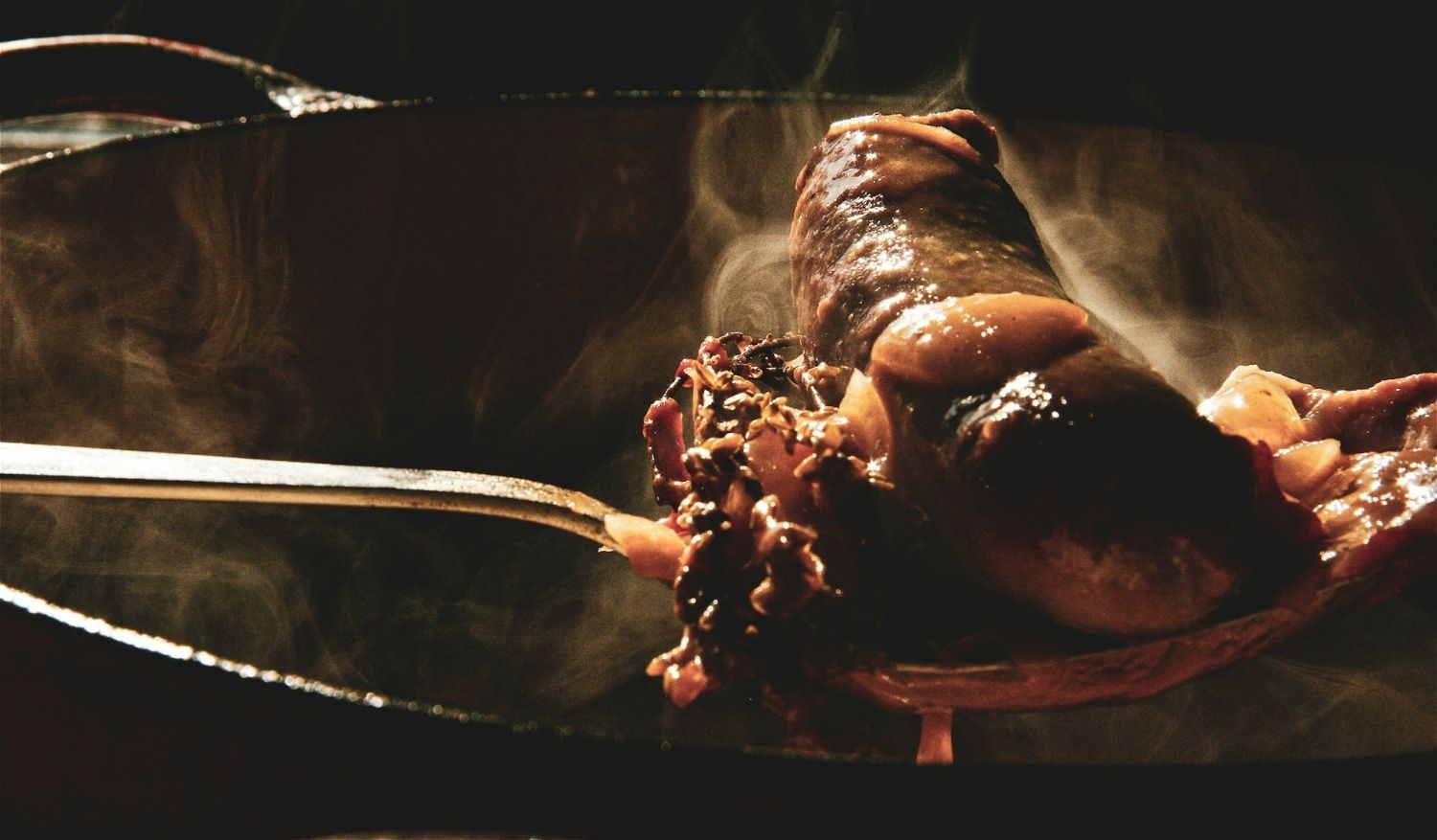
The Taste of Tradition
Bastille Day is as much about flavour as it is about fireworks. And nowhere is this more pronounced than in the countryside. In Burgundy, visitors might find themselves at a fête champêtre, or country feast, where communal tables are piled high with gougères, coq au vin, and tartes aux fruits. These aren’t curated experiences designed for tourists – they are age-old rituals held by villages that still thrive on seasonal rhythms and shared meals.
For those exploring the Alsace wine route, Bastille Day marks a moment to savour the region’s distinct Franco-German identity. Vineyards open their cellars, local musicians perform in the square, and the day culminates in modest pyrotechnics that light up the timber-framed façades of sleepy villages like Eguisheim or Riquewihr.
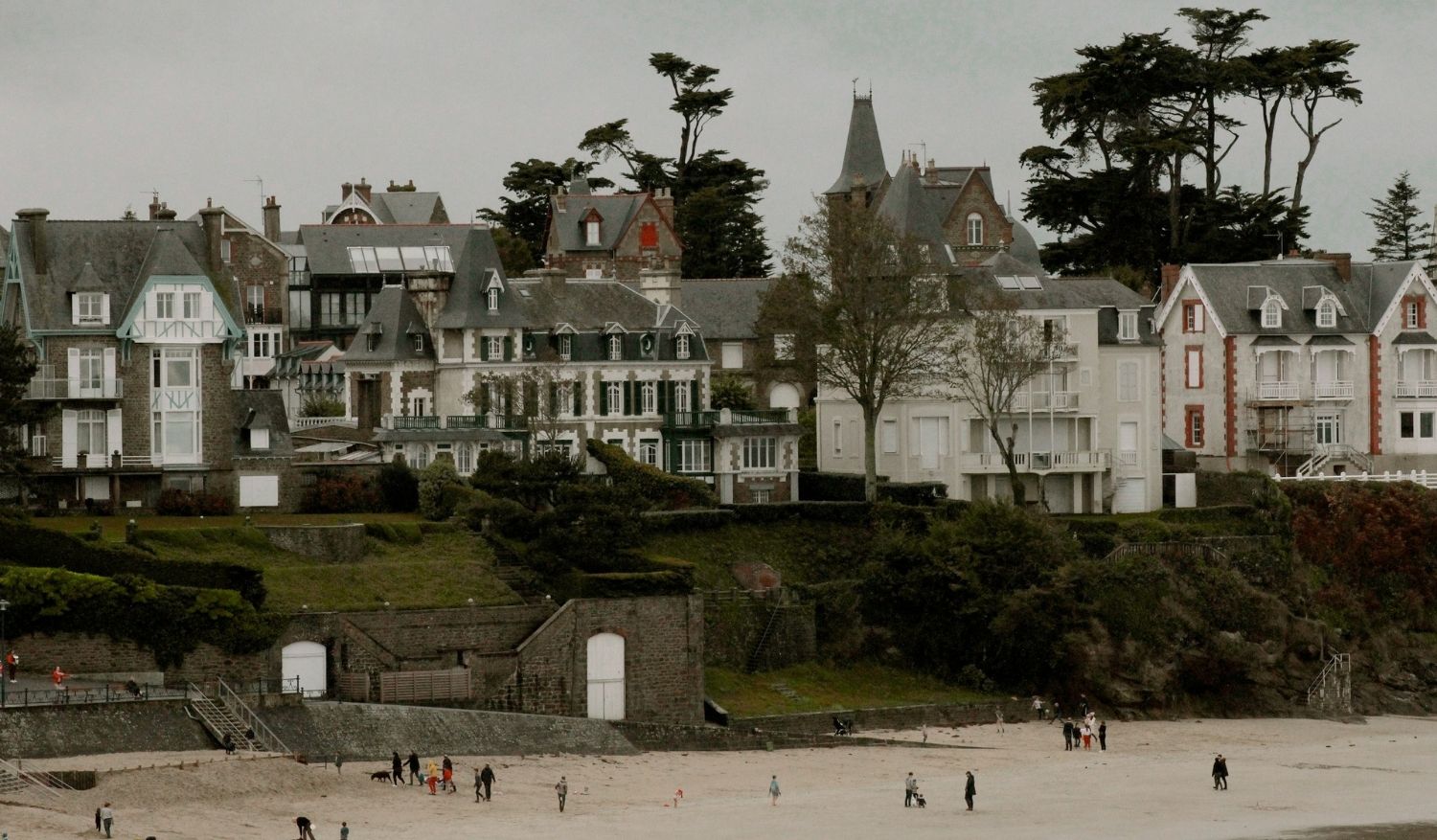
Time for Reflection
Rural France isn’t only slower-paced – it’s steeped in a deeper stillness that invites contemplation. The Revolution may have started in Paris, but its ideals were felt across the countryside.
In Bretagne, local commemorations often include storytelling sessions or historic re-enactments, many centred around regional resistance and the preservation of local identity. Small museums – like the Musée de la Résistance in Limousin – offer thought-provoking counterpoints to the more performative elements of the national holiday.
This quieter version of Bastille Day offers room to consider how modern France reconciles its revolutionary ideals with contemporary realities. And in doing so, it places the traveller within a more nuanced narrative, one that stretches beyond the Eiffel Tower and the Champs-Élysées.
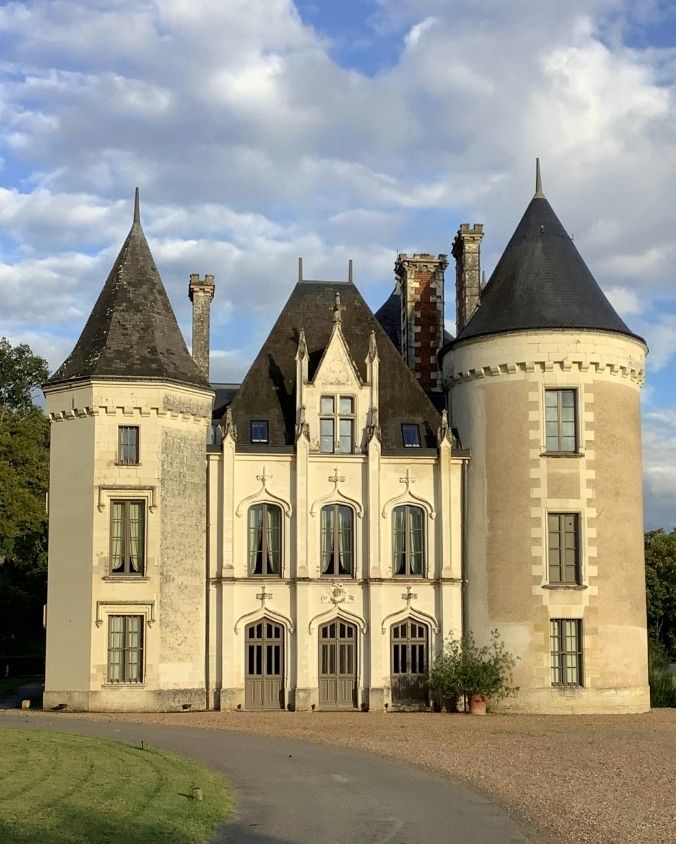
Where to Stay
For those inspired to experience Bastille Day in this quieter mode, France offers no shortage of charming boltholes. Stone gîtes, countryside manoirs, and chambres d’hôtes abound – particularly in regions like Auvergne or the Pyrenees. Many are family-run, often passed down through generations, and provide an unfiltered window into local life.
In the Loire Valley, a stay at a converted château allows guests to wake to mist-laced vineyards and spend the day cycling between villages, stopping to sample goat’s cheese and Sancerre along the way. For something more rustic, a restored farmhouse in the Luberon delivers Provençal views, lavender-scented breezes, and the chance to participate in a village fête that’s as sincere as it is spirited.
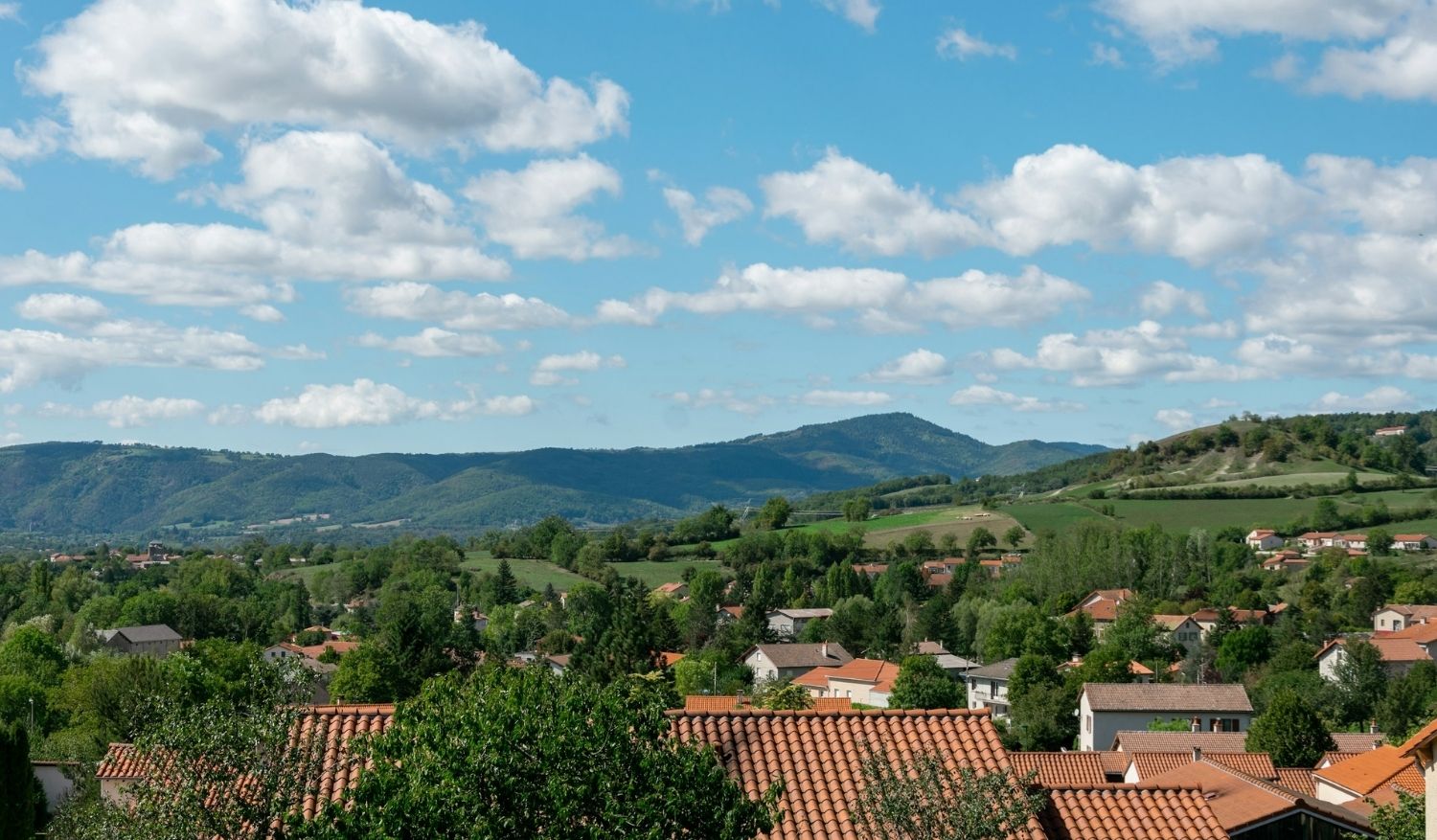
Beyond the Holiday
While the fireworks may fade, the appeal of rural France lingers long after 14 July. Its winding roads, storied past, and generous hospitality make it a destination worth returning to in any season. But for those who choose to celebrate Bastille Day here, it offers a moment of rare perspective – a gentle rebellion against the fast and flashy, and a reminder that revolution can also be quiet.
For more cultural escapes, find them here.


